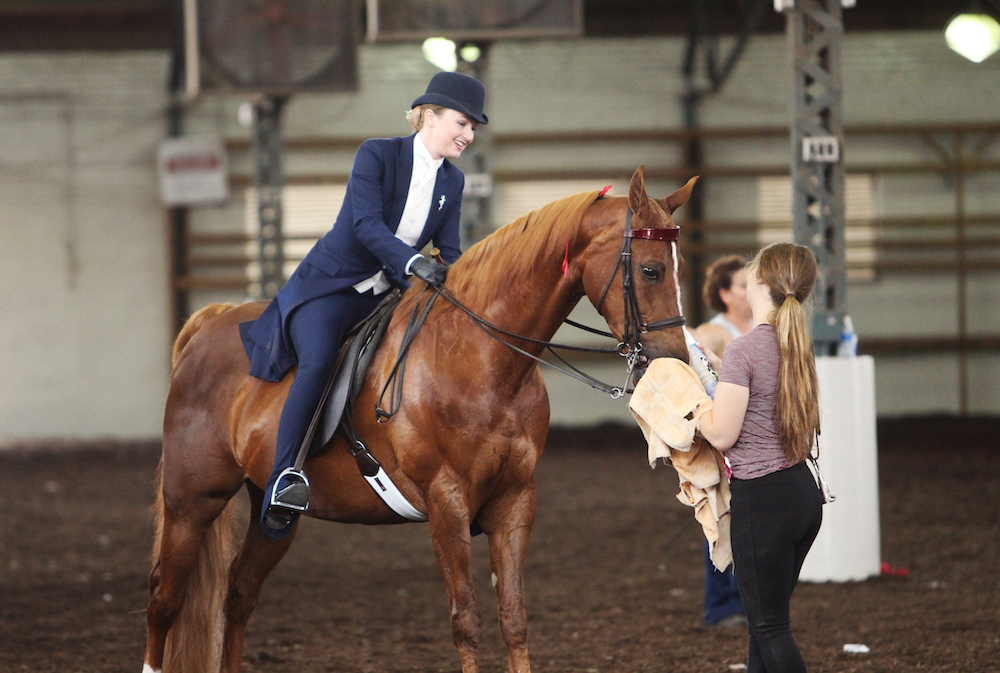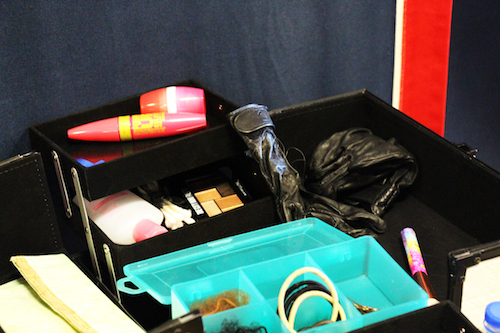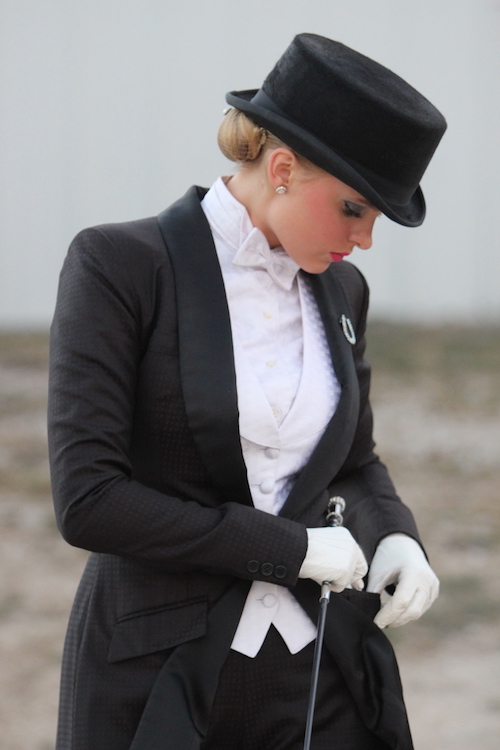 As the late winter months drag on, those in the show horse community have a light at the end of the tunnel: the upcoming show season. Looking forward to weekends filled with friendly competition with fellow horse loving friends and families can brighten even the dreariest of winter days. However, planning a successful and stress-free show season takes some work, travel experience and research, and late winter is the perfect time to start.
As the late winter months drag on, those in the show horse community have a light at the end of the tunnel: the upcoming show season. Looking forward to weekends filled with friendly competition with fellow horse loving friends and families can brighten even the dreariest of winter days. However, planning a successful and stress-free show season takes some work, travel experience and research, and late winter is the perfect time to start.
The first step in planning for the upcoming season is to identify the shows you plan to attend. This is generally determined by the shows that your trainer plans to attend. It is helpful to consult with trainers and instructors for recommendations on the best shows for you based on your goals for the season. Some riders and families have limitations on the shows they can attend each year. These limitations can be based on family schedules, other activities or budget. Discussing rider goals and having firm limits on budget can reduce stress as the season progresses.
For adult amateur rider Amanda Murchison, showing American Saddlebreds is an essential part of her life. A busy high school teacher, she currently owns and shows Spread The Word in the three-gaited show pleasure division.
“Riding feeds my soul, and I am lucky enough to have a husband who understands and supports my need to ride and to show,” she said.
As she has transitioned from a junior exhibitor to an adult rider, she has learned to prioritize when and where she can show based the barn schedule at Cater Stables in New Hampshire and her school year schedule. Luckily, even when scheduling doesn’t line up for her to show, she and her teammates are a close-knit group who look forward to cheering each other from the stands as much as they enjoy showing themselves. Amanda jokes that they call each other “The Wolf Pack” because of their friendly competition.

Once shows are chosen and the schedule is set, the next step is to prepare for it. Emily Semans, longtime horse owner and “show mom,” coordinates the show season for her daughters, Carver and Merrick, junior exhibitors trained by Kim and Peter Cowart of West Wind Stables. Emily believes that preparation and organization are vital when planning for the upcoming show season, and stresses the importance of having all the rider’s essentials organized before the season starts.
“With two girls riding multiple horses, organization is critical,” she said.
In the weeks prior to the start of the season, Emily takes inventory of show suits to determine if repairs are needed. Boots and gloves are cleaned or replaced. All make-up and hair supplies are replenished. It is important to prepare for weather variables at outdoor shows. Rain gear, blankets, cooling tools and sunscreen are essentials for any show kit. It is also helpful to have a first-aid kit and basic over-the-counter medications such as pain relievers, antacids and antihistamines. A well-appointed show kit can reduce stress and unnecessary trips off the show grounds during the show.
Doing this well in advance is so crucial because once the season starts, Emily knows how busy the entire family will be. In fact, the girls’ jam-packed schedule often leads to a “divide and conquer” approach with her husband Bill Semans.
“With both girls showing, often on different days, sometimes one of us is at the show and the other is shuttling back and forth for school and other activities,” she said. “We do what we have to do to make it work.”
Once the schedule and show necessities have been addressed, the next step is to start planning and budgeting for these numerous trips. It is critical to factor in the ancillary costs associated with attending and participating in the show. These include food, lodging, travel, maintenance of show attire and unexpected costs that come along with any type of travel. There are several resources that can help offset costs and increase affordability.
First, when booking hotels, it is a good idea to try to stay at hotels within the same group and sign up for rewards programs, as it can really reduce the cost of hotel stays. Todd Poovey, longtime horse show parent, often employs this technique.
“By staying with the same group of hotels throughout the show season and collecting points, we are often able to cover the costs of a week at the World’s Championship Horse Show or Lexington Junior League,” he said.
The new era of Airbnb, VRBO, and other owner driven vacation rental properties offers a novel approach to the standard hotel option. Families and riders from the same barn are now combining resources to rent large properties, at lower costs per family, with more room and amenities, something that Emily appreciates.
"I like the experience at privately owned rentals because it provides a more personal feel, the chance to stay with other families and often some amazing amenities at comparable or even lower costs than local hotels,” she said.
The ability to stay in a house with a full kitchen can help reduce the cost of eating out for each meal. Many properties offer luxury amenities such as swimming pools, hot tubs and full laundry facilities, and – a big plus for horse people – most private rentals allow pets. By exploring these rent-by-owner options families and riders may even find an alternative that can be rented for multiple show seasons.
 Often the highlights of the show season are the “A” shows. These shows last the majority of a week and are more like a “mini-vacation” for many families. If a rider is showing just one horse, they usually only compete two or three times during a show. This means that longer shows offer more free time between a rider’s classes. With good planning this time can be used for sightseeing or other opportunities.
Often the highlights of the show season are the “A” shows. These shows last the majority of a week and are more like a “mini-vacation” for many families. If a rider is showing just one horse, they usually only compete two or three times during a show. This means that longer shows offer more free time between a rider’s classes. With good planning this time can be used for sightseeing or other opportunities.
This can be accomplished by researching local area attractions and activities for families and groups. Many local area Visitor Bureaus and websites offer great suggestions for individual and group activities that are available in their area. It’s possible to access some great deals on sites such as Groupon and Living Social by researching the available deals around the show venue. Often barn members will try to participate in a group activity or excursion together. This is a great team building experience as well as a great stress reliever.
However, it is important to balance show classes and social activities with some downtime. Families and riders do this in a variety of ways. For some families it means staying at a hotel that is not, as Todd says “Horse Show Central.” For his family, staying at a different hotel from everyone else provides the downtime his daughter Allie needs to prepare herself for the show ring. As always, knowing what works best for yourself or your family is an important aspect of planning a great season.
No matter how well organized and prepared you are for a show, there will always be unexpected events during the season, and a positive attitude and flexibility are crucial in working through them. However, with just a little planning and research during the late winter months, you can enjoy a show season that is as stress-free as possible.
And, as Amanda well knows, all the work will be worth it when you or your loved one is heading into the ring.
“When the gate opens and I see the ring through my horse’s ears it is so exhilarating – it’s just the best feeling,” she said.